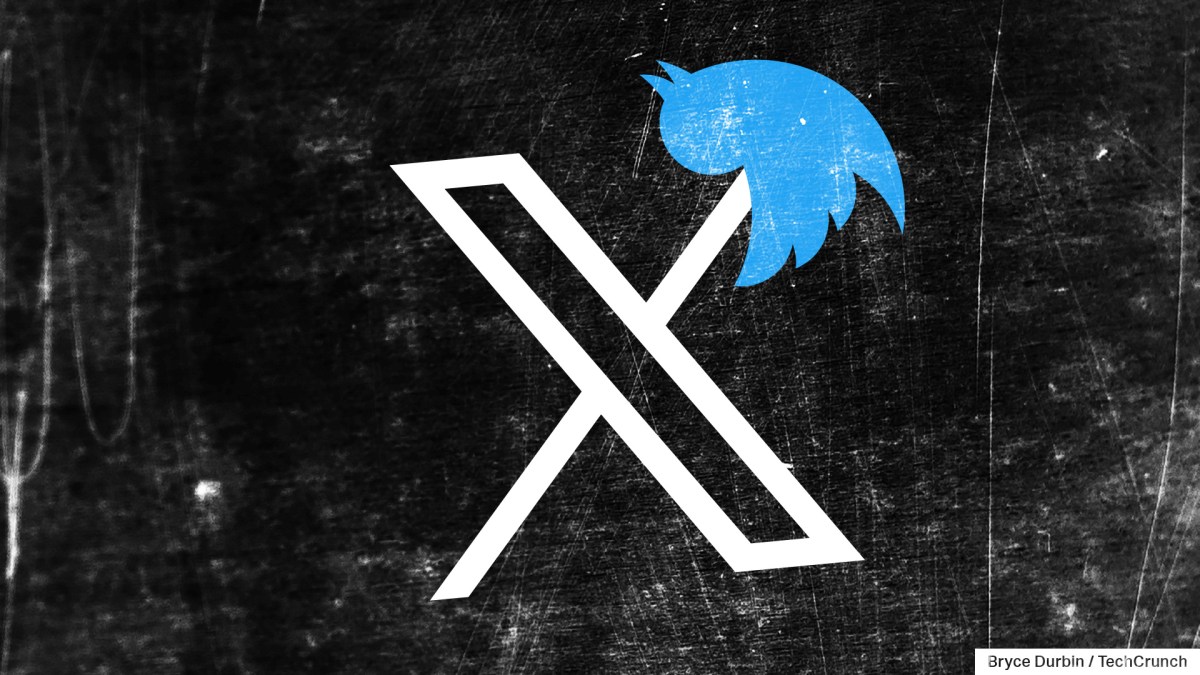X, formerly known as Twitter, was throttling traffic to websites that the social network’s owner Elon Musk publicly dislikes. The platform slowed down the speed it takes when accessing links to a handful of websites, including The New York Times, Instagram, Facebook, Bluesky, Threads, Reuters and Substack. The platform appears to be reversing the slow access to news sites on Tuesday afternoon.



Has anything remotely like this ever been litigated before? All I can find is that Unfair Trade Practice usually deals with “misrepresentation, false advertising or representation of a good or service, tied selling, false free prize or gift offers, deceptive pricing, and noncompliance with manufacturing standards,” none of which cover throttling access to other sites from your own. I agree that this is shitty and everyone should get off Twitter, but to say it’s illegal seems like a bit of a stretch.
Removed by mod
They aren’t actually removing content at all. They’re just adding a 5 second delay to websites they don’t like. I still think it would be an uphill battle to try to prove that this causes “substantial injury to consumers” or that it “cannot reasonably be avoided by consumers” since they could still go to the website on their own.
I don’t really think the “promises free speech” argument would fly either because that would open the door to sue over anyone moderating anything at all, leaving aside that the term “free speech” as it was used by Musk is subjective and was never defined by the platform. There was even a time where they just outright disallowed posting any link to other competitors and that was never challenged in court. The statutes do have catch-alls but that doesn’t mean there is no standard by which you have to measure up against to prove that it fits one of those categories.
Bad faith? Yes. Illegal? It’s definitely not clear cut, and it seems like the answer is probably not.
Removed by mod